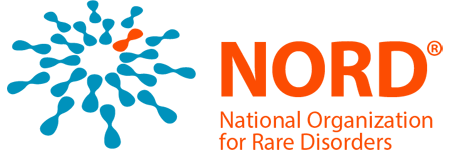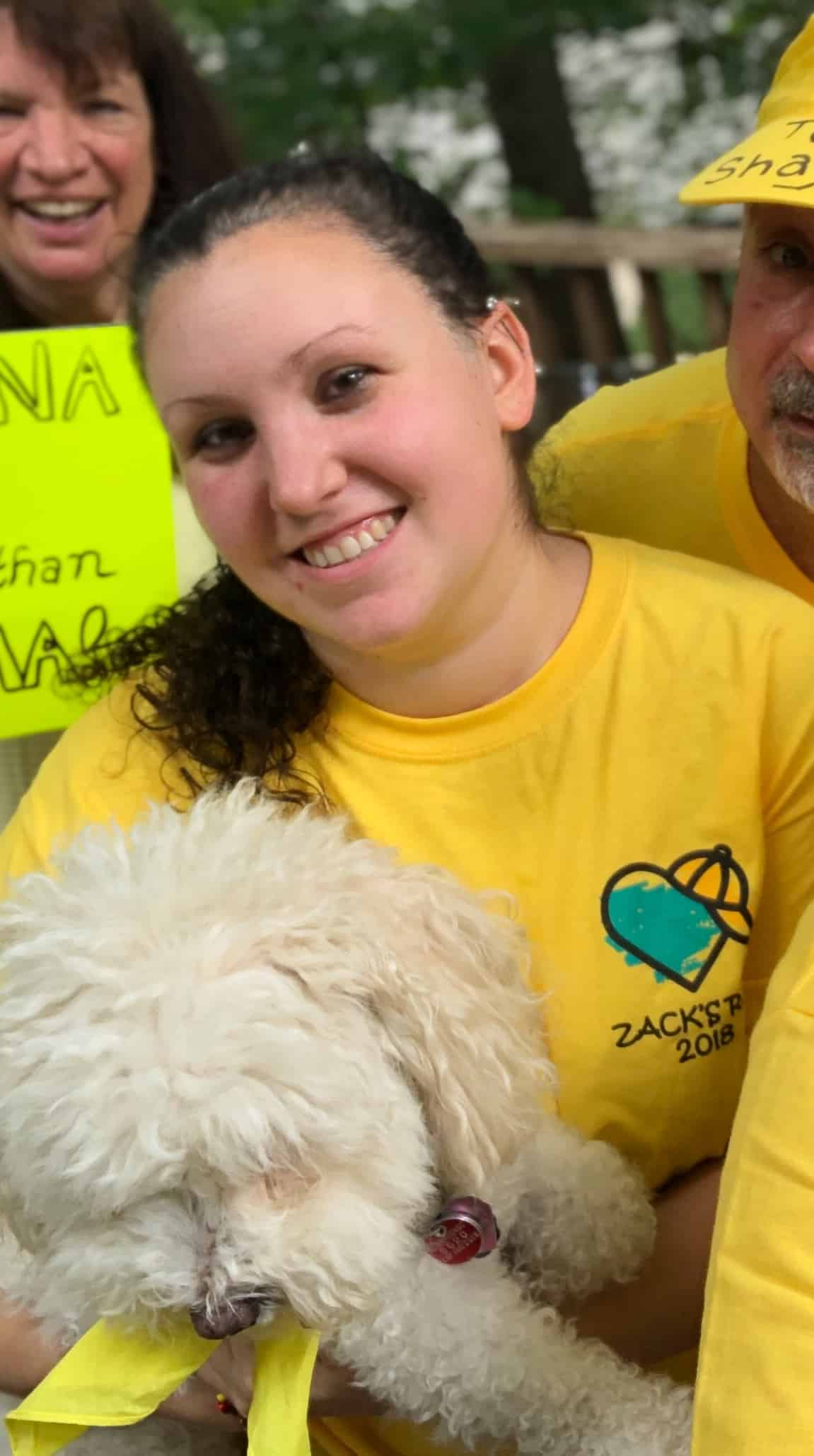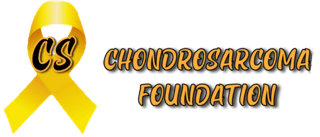NORD Publishes Shayna’s Rare Cancer Story to Honor Rare Cancer Day

Sep. 17, 2021
TOPIC: Patients & Members, Advocacy, Patient Stories, Voices of Rare Cancer
A Message to Chondrosarcoma Patients: Shayna’s Rare Cancer Story
Posted by Rohan Narayanan

Shayna had advanced metastatic chondrosarcoma, and her disease progression defied many expert opinions and expectations. In 2015, Shayna was misdiagnosed with scoliosis, and nine months elapsed before she was accurately diagnosed. She was prescribed physical therapy and exercises, which were ineffective in reducing her pain. Early detection is needed in diagnosing chondrosarcoma, and we found a lack of information available about the disease.
Other false assumptions and misinformation were communicated to our family. We were told that if the disease would reappear, it would be in the spine, when it ended up surfacing in her lungs and toe. Oncology staff and doctors initially misdiagnosed the mass in Shayna’s toe as an infection, given the rarity of appendicular metastasis. In August 2018, Shayna started experiencing migraines. We were told that chondrosarcoma does not affect the brain, but an initial MRI on her brain was done to rule out any brain mass, and none were found at that time. In 2019, a second MRI revealed seven masses found in her brain.
When new visual field, headache and abdominal pain symptoms developed following identification of brain masses, no further abdominal evaluation was pursued. It was believed that the abdominal pain was due to the central nervous system findings, when in fact, Shayna had a developing colonic perforation. Family requests for abdominal imaging were declined, and it was recommended to provide gas tablets and antacids, which were ineffective for her pain. We were also told that the growth of conventional chondrosarcoma was slow when rapid growth occurred from head to toe in the last five months of her life. The delay of identification of the aggressive nature of her disease altered any planning of other treatments and trials.
Through sharing Shayna’s story, my goal is to give some direction to patients and families who have been newly diagnosed with chondrosarcoma. I want to stress the importance of advocating for patients’ treatment by insisting to cast a wide net and examine all available treatment options and verifying through second and third opinions that the treatment decisions made are the right ones. This is also a message to the oncology community that there is a lot of work to be done to find viable treatment options for chondrosarcoma. There needs to be more compassion and urgency for cancer patients trying to obtain life-saving treatment and care. The priority of cancer research trials seems to be to obtain patients that qualify for a set of criteria, and the trial itself appears to be very regimented as opposed to focusing on the individual patient’s needs. Medicine is designed to treat individual patients with compassion; clinical trials and research should do the same.
September 30 is #RareCancerDay, an annual awareness day devoted to shining a light on rare cancers and the issues people living with them face. NORD is highlighting the stories of the rare cancer community – learn more.
TAGS: Cancer, advocacy, rare cancers, rare cancer, rare cancer day, Chondrosarcoma
